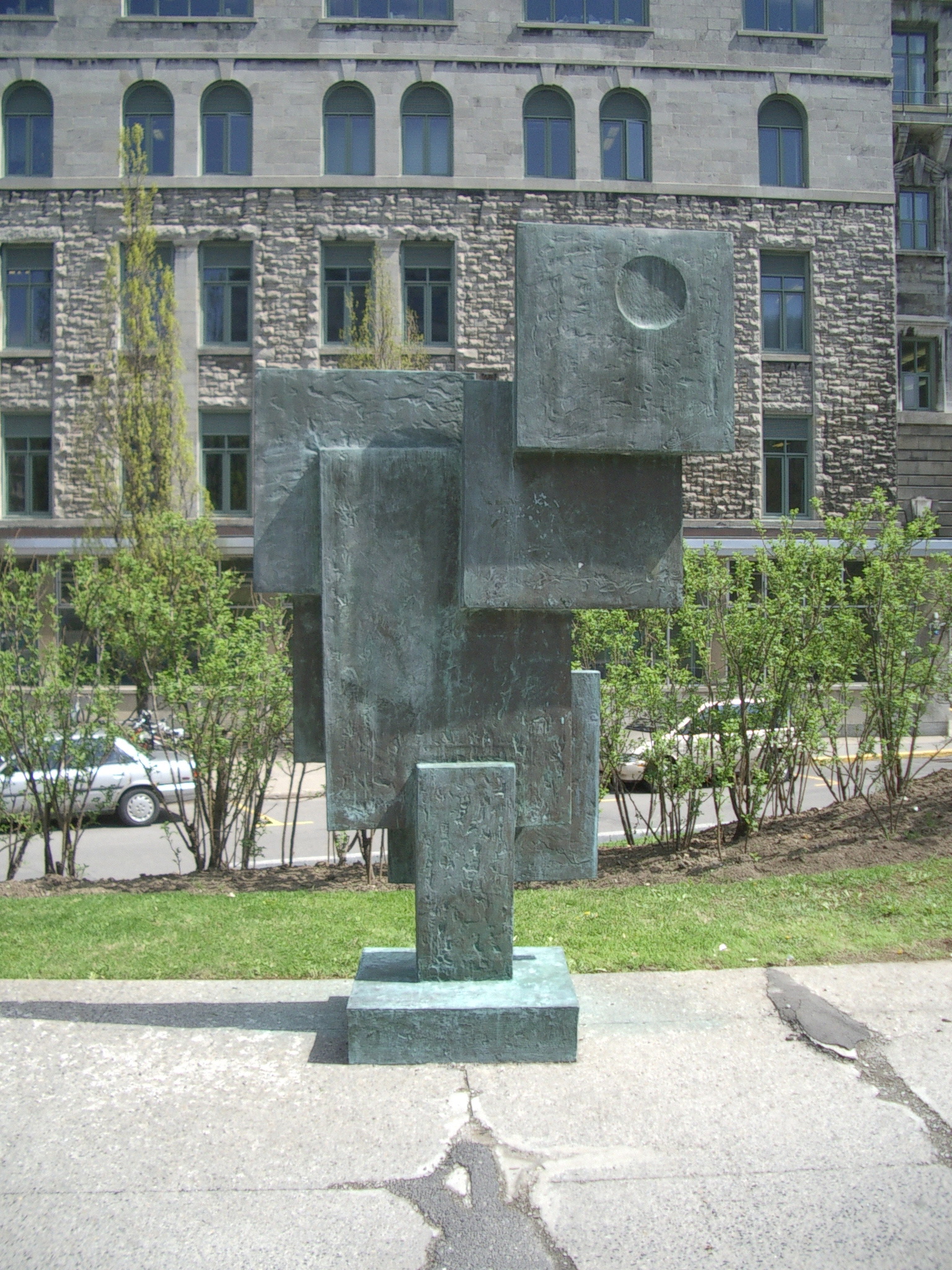1) Match with an Established Academic Leader
 Each DIAL mentee will be assigned one “Established Academic Leader” (EAL), a McGill colleague with at least three years’ experience as a senior academic leader. Mentees may signal a list of up to three EALs with whom they would like to work.
Each DIAL mentee will be assigned one “Established Academic Leader” (EAL), a McGill colleague with at least three years’ experience as a senior academic leader. Mentees may signal a list of up to three EALs with whom they would like to work.
EALs are selected from among current VPs, Deans, Associate/Deputy/Assistant Provosts, and long-standing Department Chairs who have signaled their interest in participating in DIAL. DIAL mentees will be matched with EALs outside of their home Faculties.
How will I learn from my EAL?
DIAL mentees will be invited to shadow their assigned EAL over the course of the pilot program (9 months). This will involve the DIAL mentee sitting in on meetings and discussions with the EALs on occasions that the parties will have identified ahead of time as offering a chance for exposure and learning in relation to leadership development. DIAL mentees will undertake to respect confidentiality and will sign agreements to this effect.
How will shadowing be organized?
Matched EALs and DIAL mentees have autonomy to design a shadowing plan that makes the most sense for them, in view of their respective schedules and interests. In the context of mentoring relationships, the quality of time spent together can matter more than quantity. EALs will thus be encouraged to identify and invite their DIAL mentee to high-impact learning opportunities.
In addition to shadowing days, EALs and DIAL mentees should aim to debrief regularly on insights and issues arising from shadowing opportunities. These meetings will also allow the EAL to offer more general advising and guidance to their DIAL mentee. EALs might also find it helpful to seek their respective DIAL mentees views and input on particular questions or challenges.
2) Leadership Development Training
All DIAL mentees will attend a monthly seminar of two hours (9 sessions total over the course of the initiative), each of which will focus on a topic germane to academic leadership. These sessions will be led by internal and external subject matter experts.
Topics include:
- Institutional Change in Higher Education
 Strategic, Inclusive, Effective Leadership in Higher Education
Strategic, Inclusive, Effective Leadership in Higher Education- Risk-Taking and Decision-Making
- Money Matters: How Are We Funded? How Do We Spend?
- Advancing Academic Freedom and EDI Simultaneously
- The Transition to Leadership: Becoming Your Colleagues’ New “Boss”
- Working Effectively with Today’s Students
- Beyond Robert’s Rules: Collegial Governance in Higher Education
- Building and Keeping Trust
- Alumni Relations
- Academic Programs 101: From Design to Launch
- Resolving and Living with Conflict
3) Reflections on Leadership
Three focus groups will be held with DIAL mentees to gather insight into program strengths and gaps, permitting program refinement both during and following the pilot period. These focus groups will also permit mentees to network, build connections, and learn from one another.
An end-of-pilot lunch (June 2023) will be open to all EALs and DIAL mentees to celebrate and allow for crowdsourcing ideas to establish a sustainable DIAL at McGill into the future.